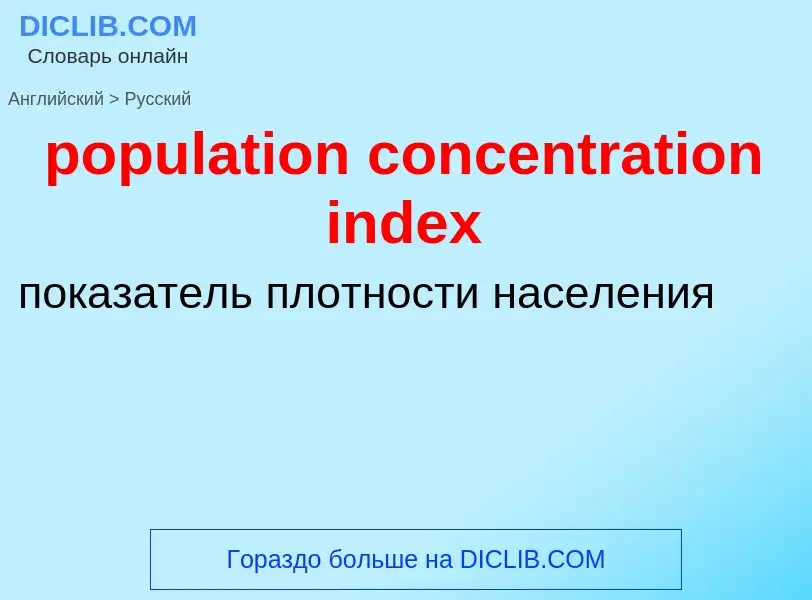Traduzione e analisi delle parole tramite l'intelligenza artificiale ChatGPT
In questa pagina puoi ottenere un'analisi dettagliata di una parola o frase, prodotta utilizzando la migliore tecnologia di intelligenza artificiale fino ad oggi:
- come viene usata la parola
- frequenza di utilizzo
- è usato più spesso nel discorso orale o scritto
- opzioni di traduzione delle parole
- esempi di utilizzo (varie frasi con traduzione)
- etimologia
population concentration index - traduzione in russo
Definizione
Wikipedia
Whipple's index (or index of concentration), invented by American demographer George Chandler Whipple (1866–1924), is a method to measure the tendency for individuals to inaccurately report their actual age or date of birth. Respondents to a census or other survey sometimes report their age or date of birth as a round number (typically ending in 0 and 5), or to be more culturally favorable, for example, so that they appear younger or to have been born on a date considered luckier than their actual date of birth. The process of reporting a rounded or “lucky” age is known as age-heaping.


